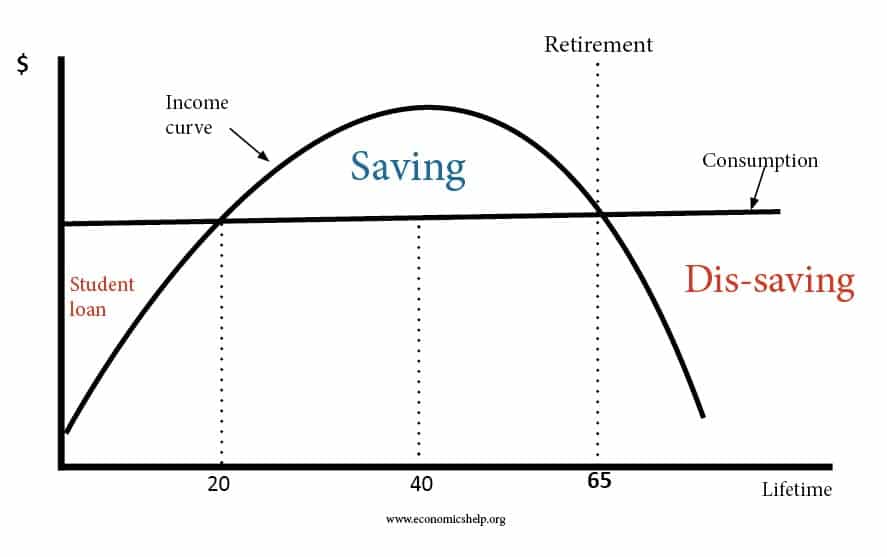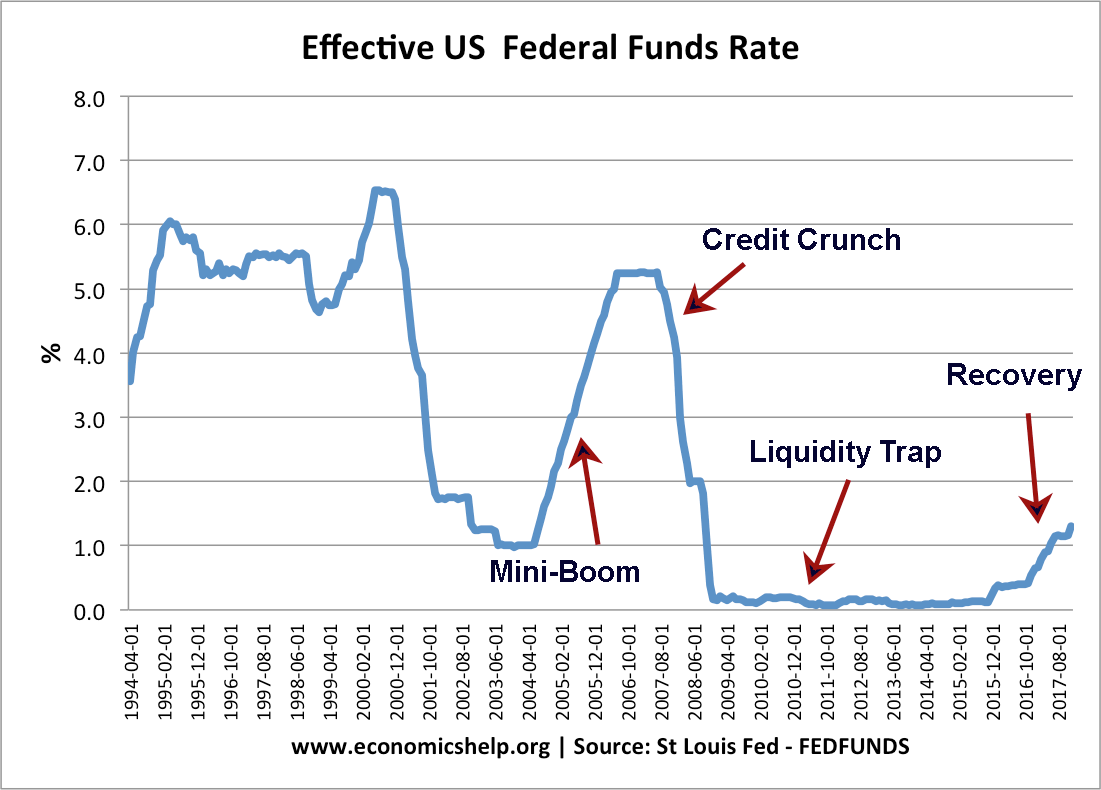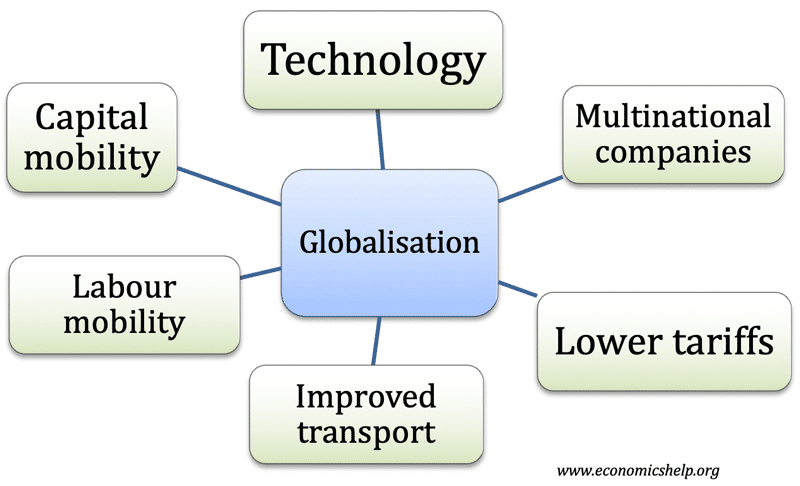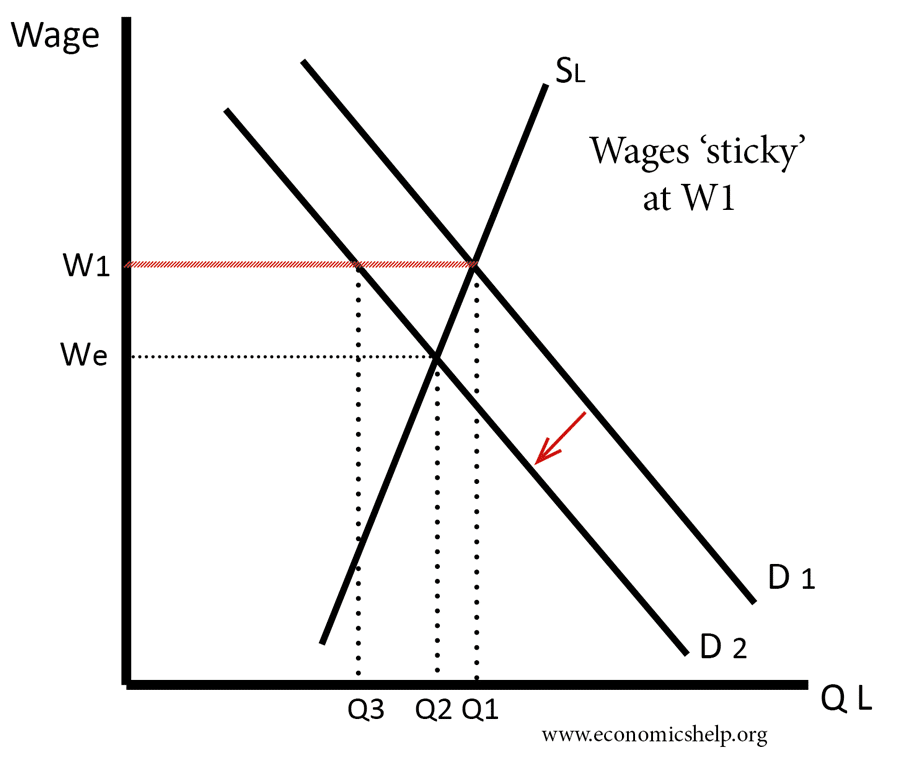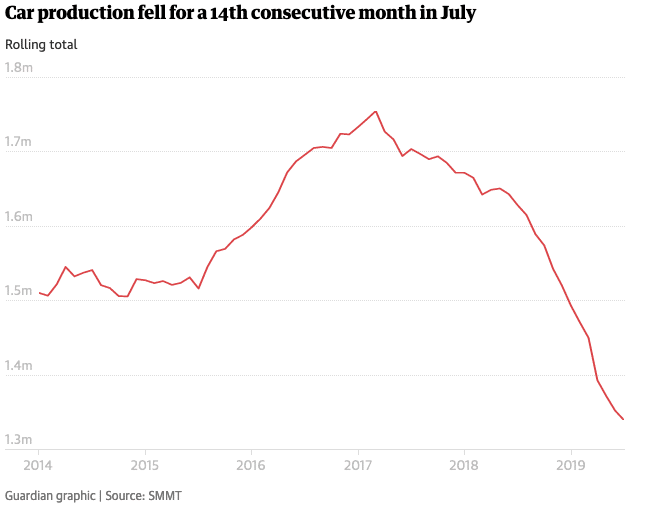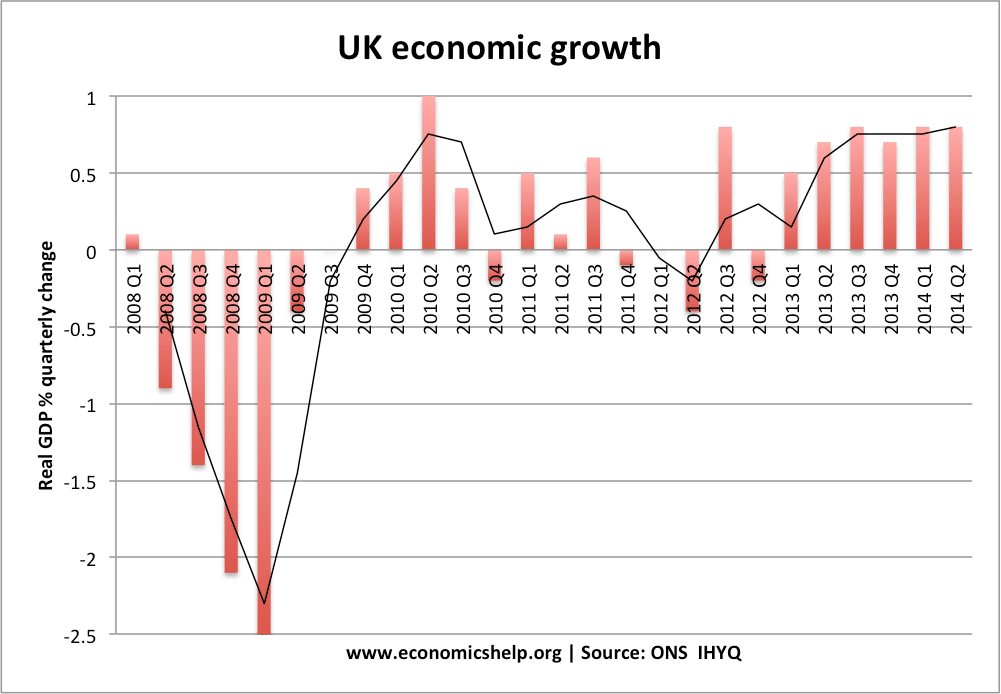Pros and cons of debt
Debt is one of the oldest financial instruments, but is it good or bad? To some debt is a sinful way of living beyond your means. Debt is an instrument which increases inequality and can cause economic hardship because of the fixed repayment costs. Furthermore, others point to debt as one of the main causes …

